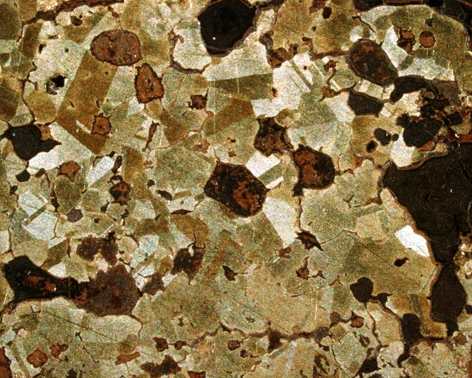
The precious metal is a key component of the printed circuit boards found inside these electrical devices, and as much as seven per cent of all the world’s gold is thought to be contained within them.
Current methods for extracting gold from old gadgets are inefficient and can be hazardous to health because they often use toxic chemicals such as cyanide, researchers say.
Now, Edinburgh scientists have developed a simple extraction method that does not use toxic chemicals and recovers gold more effectively than current methods. The finding could help salvage some of the estimated 300 tonnes of gold used in electronics each year.
To extract the gold, printed circuit boards are first placed in a mild acid, which dissolves all of their metal parts. An oily toluene solvent containing the team’s primary amide is then added, which extracts gold selectively from the mixture of other metals.
According to Prof Jason Love, from Edinburgh University’s School of Chemistry, gold is retrieved from the chemical mixture with water.
“After separation of the oily phase from the acid phase, washing the oily phase with water transfers the gold into the water phase for electrowinning,” he told The Engineer via email. “We have to do this a couple of times to ensure complete phase transfer, but each wash step is very quick."
So far, 85 per cent of gold contained on old circuit boards is extracted on the first pass and Prof Love added that industry repeats these extractions several times to ensure complete recovery of the desired metal.
The findings could aid the development of methods for large-scale recovery of gold and other precious metals from waste electronics.
“We...want to look into developing a whole process to satisfy a possible circular economy theme,” said Prof Love.
The study, published in the journal Angewandte Chemie, was funded by EPSRC.











Construction industry lags in tech adoption
Are these the best people to ask "Insights from 2,000 Industry Leaders"? - what would their customers views be like (perhaps more...